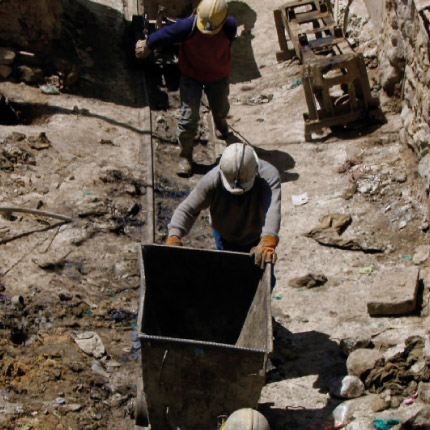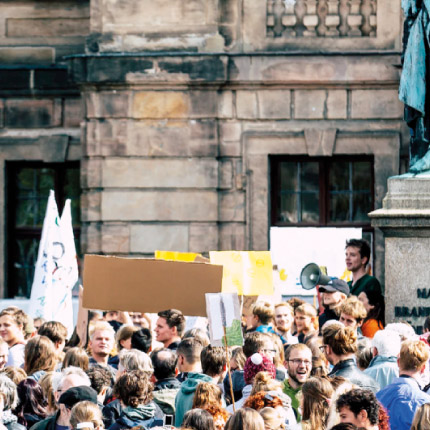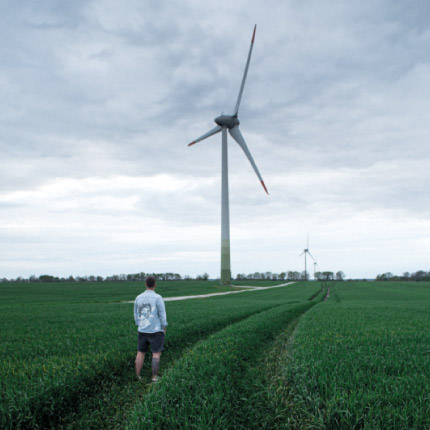
a multiplayer online simulation

Just Transitions
The growing climate crisis and constantly depleting coal reserves have shown that the energy transition is a necessity. Replacing coal-fired power plants with green energy sources can improve energy security and positively affect the natural environment. Unfortunately, the process also has some negative effects that are potentially most severe to populations of those regions that used to rely strongly on mining. Green transformation creates both new opportunities and challenges. The REBOOST simulation enables participants to experience both social and economic aspects of these changes.
REBOOST simulation
In the simulation, players focus on solving problems, which requires cooperation and consideration of local stakeholders’ goals. Players’ conflicting agendas may result in rivalry but the situation may also create incentive to form local coalitions, establish cooperation and reach necessary compromises. An exciting 2-hour long gameplay is a great opportunity to test players’ soft skills. The REBOOST simulation allows participants to experience a real-life situation in a safe environment and to draw valuable conclusions from it.


The simulation developed by the Centre for Systems Solutions is grounded on the findings of the research on the socio-economic effects of the energy transformation in Poland, Germany and Romania. The fictional region created for the purpose of the game accurately reflects the reality of impoverished mining areas and presents available opportunities for their revival. By playing, participants will get a chance to learn about potential revitalization options along with their possible effects.
Team
The Reboost simulation was designed as part of the REBOOST—A Boost for Rural Lignite Regions project, implemented by an international consortium led by the Wegener Center for Climate and Global Change at the University of Graz.
The following institutions took part in the project: Brandenburg University of Technology Cottbus-Senftenberg, Climate-KIC Holding BV, Climate-KIC GmbH, E3G, Potsdam Institute for Climate Impact Research, Centre for Systems Solutions, Timis Chamber of Commerce, Industry and Agriculture (CCIAT). The project was co-financed by the European Union.

Contact us







